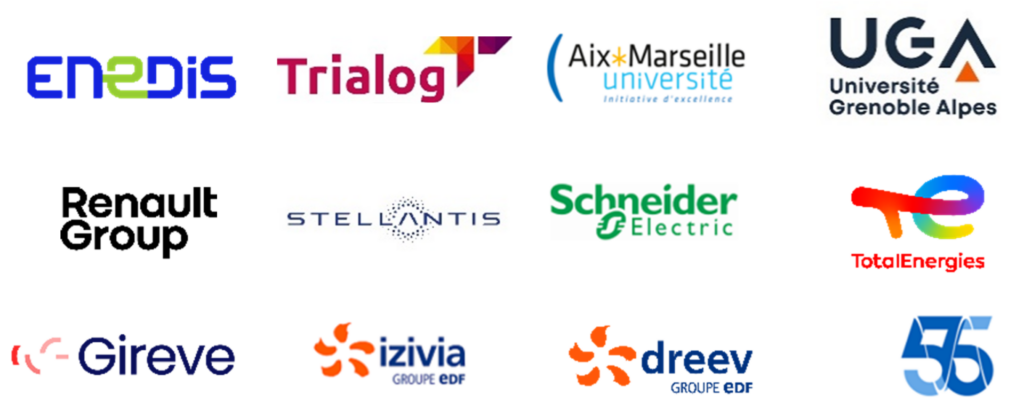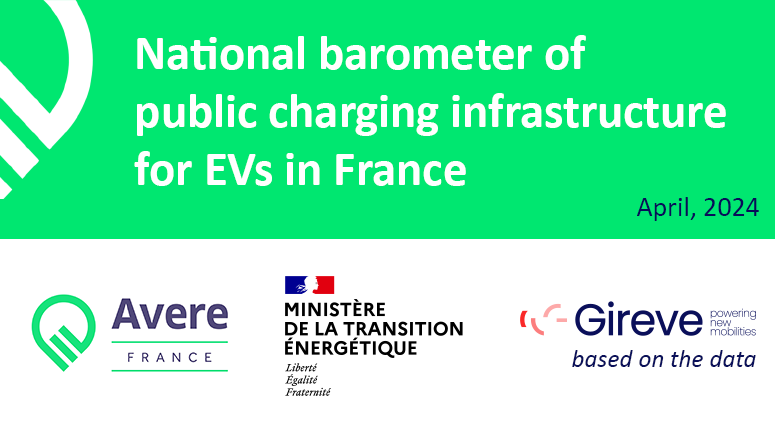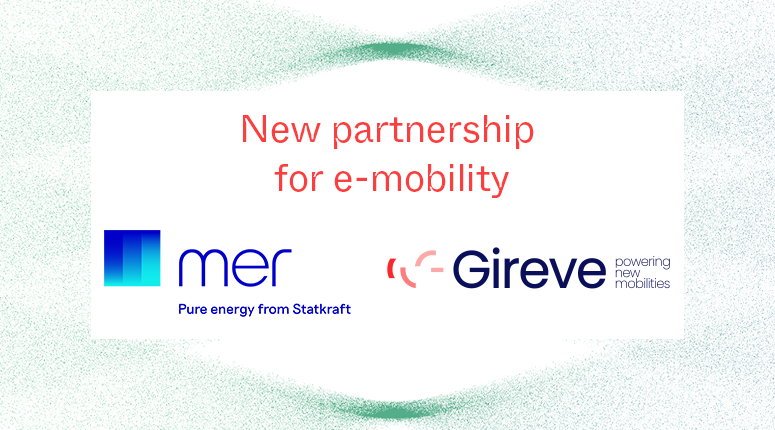The aVEnir project, “Supporting Electric Vehicles with Smart Charging,” is coming to an end this summer after three years of collaboration and innovation.
The project was initiated in 2019 by 13 e-mobility stakeholders, including representatives from the automotive industry, charging infrastructure providers, mobility service providers, as well as academia.

Led by Enedis, the project targets three main topics:
- Experimentation and characterization of real-world interactions between the public electricity distribution network, charging stations, and electric vehicles.
- Testing smart charging solutions to facilitate the integration of EVs into the grid. These tests assess the opportunities created by EV growth for the electrical network (management and sizing). User adoption is also taken into consideration during these assessments.
- Preparation for the industrialization of the tested solutions, taking into account technical, economic, societal, and regulatory aspects.
This 3-year project was carried out in two complementary territories: the Lyon Metropolitan Area (dense urban) and a part of the South Provence-Alpes-Côte d’Azur Region (peri-urban and rural areas).
The implementation of 6 unprecedented experiments
Four experiments were conducted on smart solutions for EV charging. And two other experiments focused on data analysis and data science.
The significant growth of electric vehicles raises the question of the need for a dedicated consumption model for charging. One of the last two experiments aims to provide an overview of electric vehicle charging and develop a predictive model for EV charging using an algorithm.
Developing a predictive model for EV charging
Within the aVEnir project, Gireve primarily focused on the “Cross-Industry Data Spaces / Artificial Intelligence” aspect (lot 6). A collaborative data platform was implemented to enable consortium members to securely and sovereignly share vast volumes of data. This facilitated AI analyses at various levels and across different industries.
Gireve’s team of data scientists actively participated in data processing with the aim of developing a predictive model for power demand related to electric vehicle charging at Enedis’ source substations.
The role of interoperability in scaling up
The consortium drew several conclusions from this ambitious project. It emphasized the importance of ensuring interoperability and promoting data sharing to facilitate and accelerate the interoperability of solutions.
Furthermore, the new applications of Smart Charge/V2G will result in new transactions between players in the Mobility and Energy sectors. This will require enhanced security measures to guarantee the reliability and confidentiality of exchanges.
In this context, interoperability platforms such as the one Gireve develops could facilitate secure exchanges and transactions while ensuring high security level.
Read our whitepaper on interoperability for smart charging.
About Gireve:
Gireve is the first B2B digital platform for electric vehicle charging. By combining marketplace, transaction processing, and data management technologies, Gireve develops tools and services to facilitate millions of charging sessions every year. Its aim is to process data to provide analysis and identify industry trends. As a trusted partner for over 10 years, Gireve has established an internal consulting department that supports companies in their strategies by offering recommendations for entering new markets. It also provides an overview of charging infrastructure in a specific area through its unique database.




